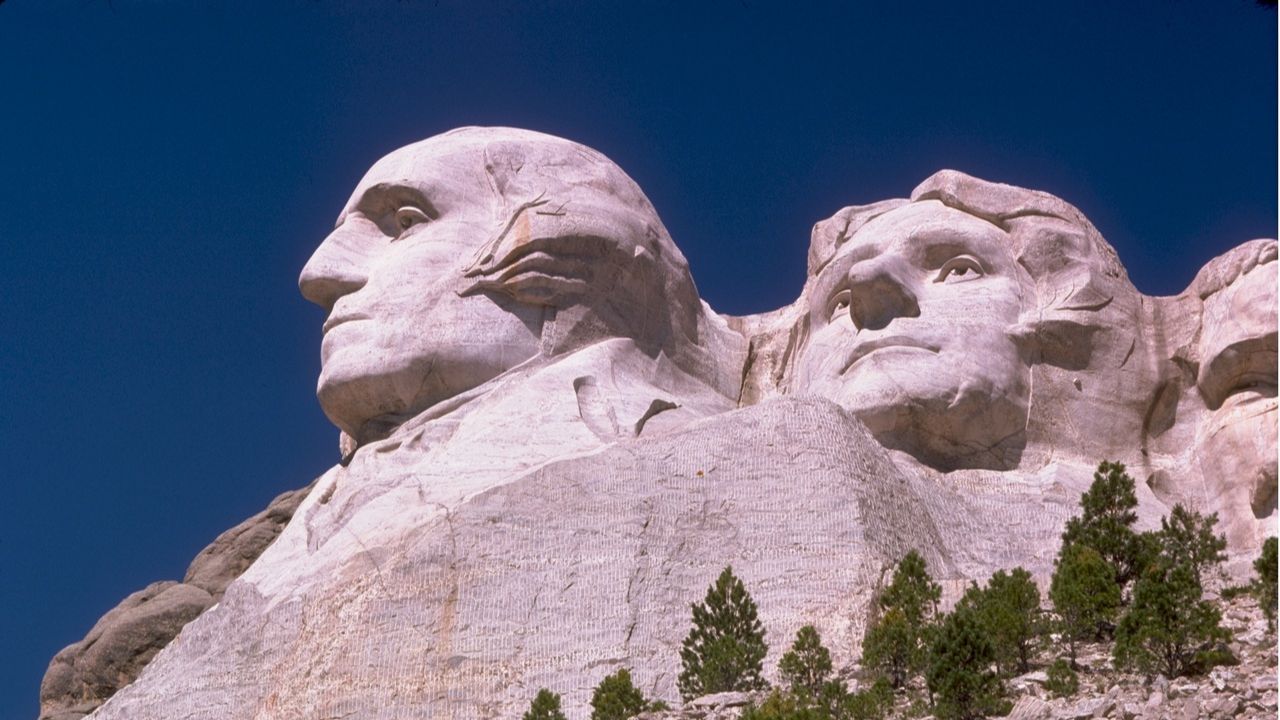Strong Convictions, Questionable Approach…
Nov 02, 2023
“Although Jefferson left the cabinet voluntarily, Washington never forgave him for his actions, and never spoke to him again.”
The wikipedia article on Jefferson, while detailing his time as Washington’s Secretary of State, shared how staunchly opposed he was to Alexander Hamilton’s view on the (new) federal government’s fiscal responsibilities. While I tend to agree with Jefferson’s stance on that and quite a few other issues, and have tremendous respect for his passion around those issues, his approach was more undermining than it was collaborative (albeit fairly commonplace today). Differing with Hamilton most certainly wasn’t the issue in and of itself. Quite frankly, the opportunity to openly disagree with someone else’s views is just one of the things that makes this country so great. However, his approach doesn’t seem to have been as focused on resolution as it was on getting the upper hand on his adversary. Although this particular part of his approach left a lot to be desired, and is likely what turns many of us off about poliTICKS still today, he was effective in building strategic relationships to support his cause.
Another principle Jefferson took a stand for was that of defining what should be a state responsibility versus a federal responsibility, with the goal limiting federal overreach - again, something I believe deserves quite a bit of attention today! Make no mistake though, I’m not sharing this for you to agree or disagree but to detail how he stood by his convictions, a trait far too rare in today’s society, and show how even a strong and desirable trait like that can become a liability, especially if it’s not kept in check. We’ve all heard the phrase, “Power corrupts, and absolute power corrupts absolutely.” I realize that as Secretary of State or even as Vice President, Jefferson didn’t have “absolute power” but he definitely had enough - along with a hefty backing of his peers - for his actions to go unchecked at times…
In the same roles where he used his power in ways that most of us would deem inappropriate, he was alert to the dangers of any one person holding too much authority. As Vice President (and President of the Senate), he saw a need for limiting what he and everyone following in that role could decide unilaterally. And while I love the idea that any politician would be willing to initiate steps to limit their own power, I now know who I can blame every time I’m annoyed by a requirement to follow Parliamentary Procedure.
One of the steps Jefferson took in campaigning for State’s rights was the anonymous writing of the Kentucky and Virginia Resolutions. According to the same wikipedia article, “George Washington was so appalled by them that he told Patrick Henry that if ‘systematically and pertinaciously pursued’, they would ‘dissolve the union or produce coercion." Had this writing been tied directly to him, and his co-author who will dig into next, they likely would have been tried for treason! Truth be told, I’m not convinced Washington was “appalled” by the intention of limiting federal reach as much as how those resolutions could have damaged their newly formed and fragile Union. Remember, Washington was offered the opportunity to serve as King of the new nation with the backing of the victorious Continental Army but declined to ensure you and I would have a government run by the people, for the people. With that in mind, we’ll pick up next time by looking at a Founder whose name is getting a ton of mentions on social media and ESPN this year - even though it has nothing to do with what he contributed to the foundation of our constitutional republic!
90-DAY GUIDE: Lead Your Team Through Any Leadership Challenge
Did You Know?
Growing your leadership acumen is the fastest way to equip your team to lead through today's leadership challenges.
We've been equipping leaders like you for decades. We know you do not need another theory. You need a clear starting point and a simple system. This guide gives you both.
Includes a 90-day action plan.
We hate SPAM. We will never sell your information, for any reason.





